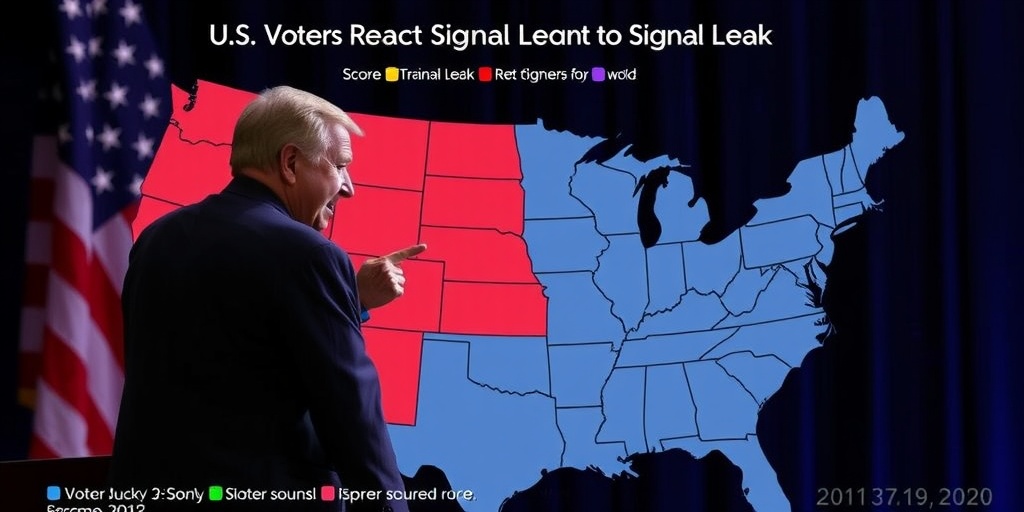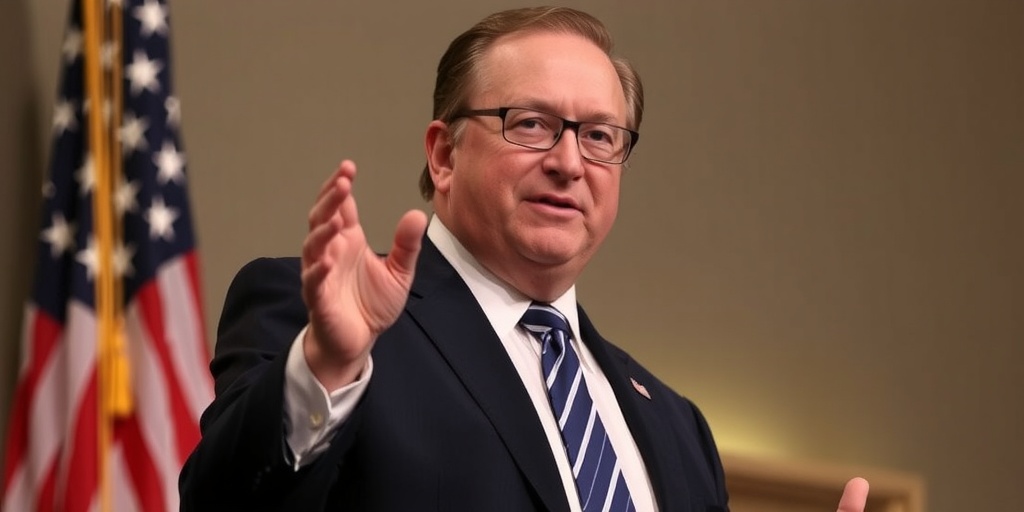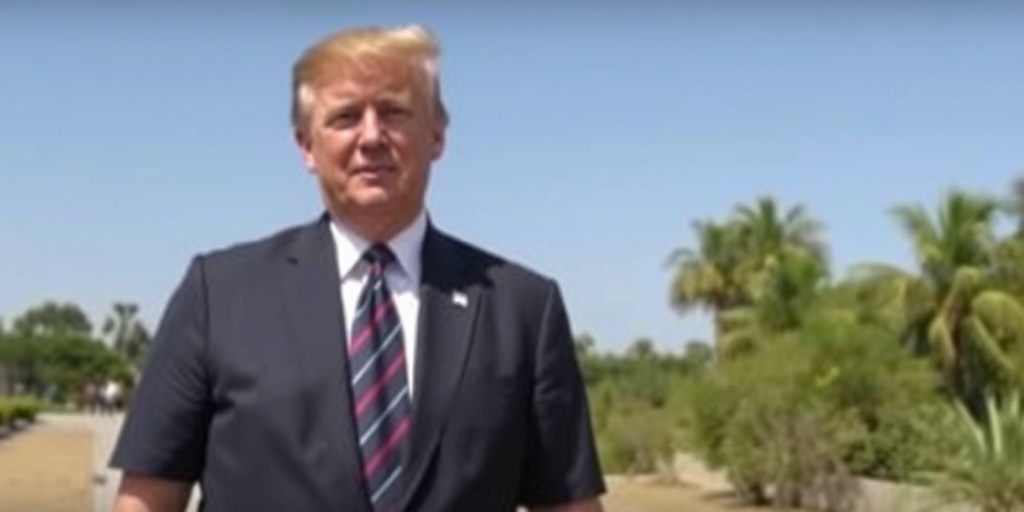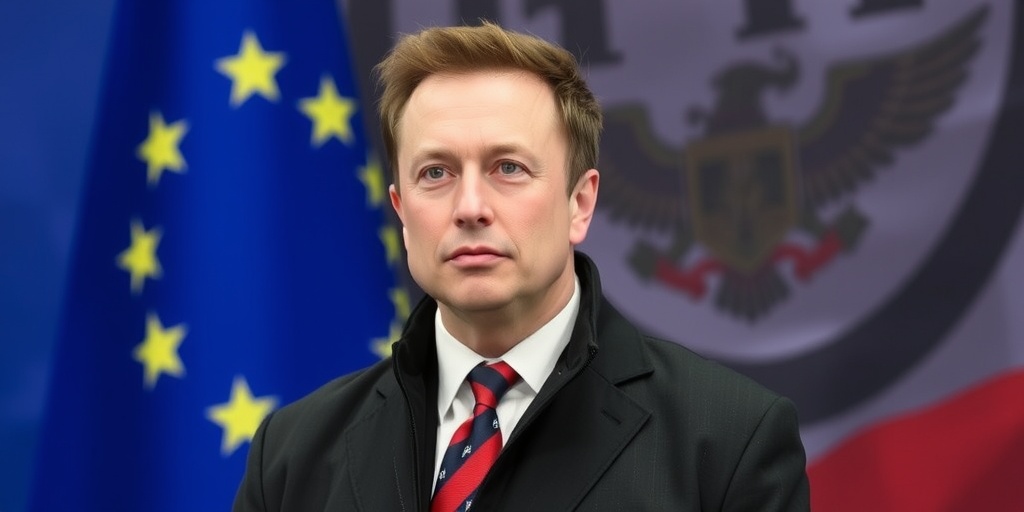Now Reading: U.S. Voters React to Signal Leak
-
01
U.S. Voters React to Signal Leak
U.S. Voters React to Signal Leak

Headline: National Security Breach: Officials Debate Consequences After Signal Chat Incident
The White House has been embroiled in controversy following the revelation that top national security officials engaged in discussions about U.S. military operations against Houthi militants in Yemen via Signal, a commercial messaging app. This incident is seen as a significant breach of national security protocols that has prompted intense scrutiny of the Trump administration’s practices.
Defense Secretary Pete Hegseth inadvertently disclosed specific operational details in a group chat that included not only his staff but also The Atlantic’s editor-in-chief, Jeffrey Goldberg, who was added by National Security Adviser Michael Waltz. In a statement, Waltz has accepted "full responsibility" for this lapse, acknowledging the seriousness of the leak.
Reactions have been polarized, with several Democrats calling for Hegseth’s resignation. However, the Trump administration has sought to downplay the incident, with President Trump labeling the fallout a “witch hunt.” This response has left many voters questioning the administration’s commitment to national security.
As part of a nationwide check-in, The New York Times reached out to five voters to gauge their opinions on the White House’s handling of the situation. Their responses varied significantly, reflecting a split in public perception regarding accountability and the severity of the breach.
Voter Perspectives on the Incident
Dave Abdallah, a 59-year-old real estate broker from Dearborn Heights, Michigan, expressed outrage at how the administration has downplayed the breach. Abdallah, who has immigrant roots, emphasized the potential risks to American soldiers’ lives, labeling it a "serious, serious mistake." He voiced his disappointment in the Trump administration’s handling of foreign policy, feeling that expectations for stability in the region have not been met. The disconnect he noticed, comparing the current responses to past Republican criticisms of Hillary Clinton’s private email server, struck him as particularly hypocritical.
In stark contrast, Perry Hunter, a 55-year-old high school teacher from Sellersburg, Indiana, initially considered the incident a serious error that required accountability. However, after investigating further, he concluded that the breach was less severe than it appeared. He noted that, according to the White House, the chat contained no specific military strategies, and therefore, he felt no one should be fired. He suggested that unless lives were put in danger as a direct result of the leak, the mistake should be viewed with some leniency.
Tali Jackont, a 57-year-old educator from Los Angeles, conveyed shock at the incident, comparing the U.S. handling of military secrecy to practices in her home country of Israel. While she did not call for immediate firings, she stressed the need for improved oversight to prevent such incidents in the future. She remarked, “If it happens again, even in one or two or three years, then no one learned anything.”
Jaime Escobar Jr., the mayor of a small town in Texas, also reacted with concern, urging for stricter measures to safeguard sensitive information. He emphasized the responsibility of officials to be diligent in ensuring that sensitive details are not shared with unauthorized individuals, like journalists. He welcomed Waltz’s admission of responsibility but insisted that strong measures must be taken to ensure that such errors are not repeated.
Isaiah Thompson, a 22-year-old college student from Washington, D.C., expressed disbelief over the administration’s oversight and its implications for national security. He acknowledged that the breach could provide an opportunity for opposition parties to challenge the administration’s credibility. While he recognized the need for due process in addressing accountability, he criticized the White House for what he perceived as a lack of seriousness in handling such a crucial breach.
Conclusion: The Future of Accountability in National Security
As the Trump administration grapples with the fallout from the Signal chat incident, questions regarding accountability and national security protocols loom large. The varying opinions from voters reflect a deeper division in the public’s trust in governmental processes and oversight.
With many believing that this breach could have serious consequences, the emphasis on learning from past mistakes becomes paramount. The future handling of sensitive military information will be closely monitored, as constituents demand greater accountability from their elected leaders and officials. If this incident serves as a wake-up call, it could sow the seeds for more robust security measures to protect national interests in a rapidly changing world.
Stay Informed With the Latest & Most Important News
Previous Post
Next Post
-
 01New technology breakthrough has everyone talking right now
01New technology breakthrough has everyone talking right now -
 02Unbelievable life hack everyone needs to try today
02Unbelievable life hack everyone needs to try today -
 03Fascinating discovery found buried deep beneath the ocean
03Fascinating discovery found buried deep beneath the ocean -
 04Man invents genius device that solves everyday problems
04Man invents genius device that solves everyday problems -
 05Shocking discovery that changes what we know forever
05Shocking discovery that changes what we know forever -
 06Internet goes wild over celebrity’s unexpected fashion choice
06Internet goes wild over celebrity’s unexpected fashion choice -
 07Rare animal sighting stuns scientists and wildlife lovers
07Rare animal sighting stuns scientists and wildlife lovers





















